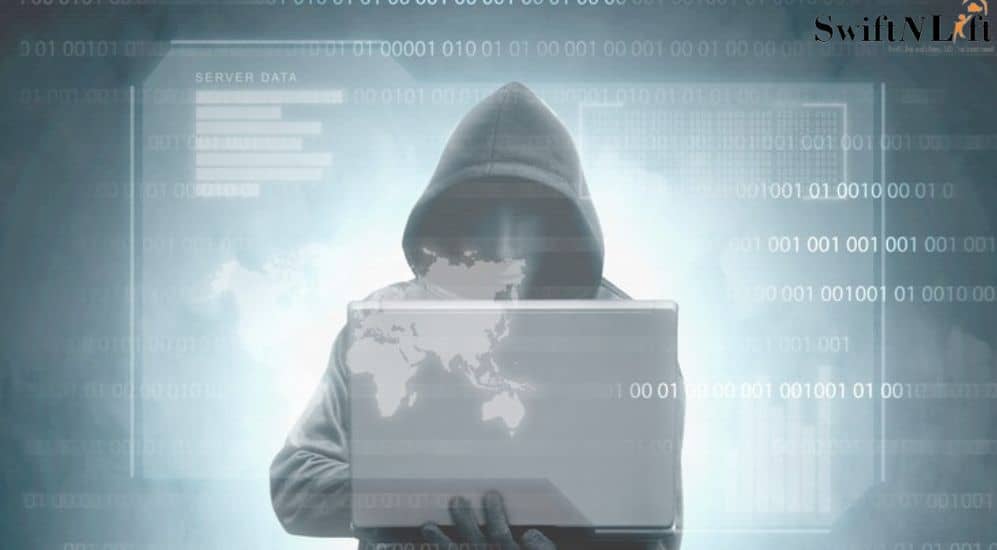
“Hacked Beyond Code: Navigating the Legal Maze of Data Breaches and Cyber Odyssey”
In our interconnected world, data breaches and cyber attacks have become more than just headlines; they’re a stark reality that businesses and individuals must grapple with. Beyond the immediate technological and financial fallout, these incidents carry profound legal implications that shape the landscape of digital security. This article delves into the intricate web of legal considerations surrounding data breaches and cyber attacks, exploring the challenges, responsibilities, and potential solutions in this evolving digital frontier.
The Complex Legal Landscape
Data breaches and cyber attacks span various legal realms, including cybersecurity laws, data protection regulations, intellectual property rights, contractual obligations, and even criminal law. Their multidimensional nature makes it challenging to determine who’s liable, what laws apply, and how justice can be served.
Data Protection and Privacy Regulations
Many countries have enacted data protection regulations, such as the European Union’s General Data Protection Regulation (GDPR) and the California Consumer Privacy Act (CCPA) in the United States. These regulations impose stringent requirements on organizations to safeguard personal data, notify individuals of breaches, and potentially face substantial fines if non-compliance is proven.
Companies operating across borders must navigate a patchwork of regulations, often facing conflicting standards and compliance burdens. This poses significant challenges for multinational organizations aiming to harmonize their cybersecurity efforts while respecting diverse legal landscapes.
Contractual Agreements and Liability
In many industries, organizations engage in contracts that involve the exchange of sensitive information. Data breach incidents can lead to legal battles over contractual obligations, particularly if the breached party believes the other party’s negligence or inadequate security measures contributed to the breach.
Clear and robust contractual language outlining data security expectations, breach notification procedures, and liability allocation is crucial. Such agreements can help prevent disputes and provide a foundation for swift legal action if necessary.
Class Action Lawsuits
Massive data breaches can affect countless individuals, leading to class action lawsuits seeking compensation for the victims. These cases raise issues of collective redress, demonstrating the need for legal frameworks that accommodate the unique challenges of cybersecurity litigation.
However, proving harm in the context of data breaches can be complex. Unlike physical damage, the impact of compromised data may not be immediately apparent, making it challenging to quantify damages and establish a causal link between the breach and harm.
Cybersecurity and Criminal Law
Beyond civil liability, cyber attacks can also carry criminal consequences. Hackers, cybercriminals, and state-sponsored actors may face charges under criminal law. However, tracking down and prosecuting perpetrators in the digital realm can be daunting, especially when they operate from jurisdictions with limited cooperation or weak cybercrime legislation.
Attribution—the process of identifying the true source of an attack—is often a significant challenge. Advanced techniques such as digital forensics, threat intelligence, and cooperation between law enforcement agencies are necessary to establish accountability.
Safeguarding Intellectual Property
Cyber attacks often target intellectual property, trade secrets, and proprietary information. The theft of these assets can lead to economic losses and competitive disadvantages. Organizations may pursue legal remedies, such as trade secret litigation, to protect their proprietary information.
Proving the theft of intellectual property in a digital context requires airtight evidence and understanding the nuances of digital forensics. Additionally, effective legal action may involve pursuing perpetrators across borders, emphasizing the need for international cooperation.
Cybersecurity as a Legal Obligation
As the frequency and severity of cyber attacks increase, legal standards are evolving to require higher levels of cybersecurity. Courts are beginning to establish cybersecurity as a fundamental duty for organizations, requiring them to take reasonable measures to prevent breaches and protect sensitive information.
This trend underscores the need for organizations to not only invest in technological solutions but also adopt a proactive cybersecurity posture. Implementing robust security practices and regularly assessing and enhancing cyber defenses can play a pivotal role in fulfilling legal obligations and preventing breaches.
The legal implications of data breaches and cyber attacks are complex and multifaceted, spanning various legal domains and international boundaries. As technology continues to advance, legal frameworks must evolve to keep pace with the evolving threat landscape.
Addressing the legal challenges posed by these incidents requires a comprehensive approach, involving cooperation among governments, businesses, legal experts, and cybersecurity professionals. Organizations must prioritize cybersecurity not only as a business necessity but as a legal obligation to protect the privacy and security of individuals’ data.
In an age where digital assets are as valuable as physical property, understanding the legal intricacies of data breaches and cyber attacks is essential for safeguarding not only financial well-being but also the trust of customers, partners, and society as a whole.

